Transcription
Page 11 through 26 posted for your enjoyment. Have fun.
Supplement #7:
Multiple Intelligences Survey
© 1999 Walter McKenzie, The One and Only Surfaquarium
http://surfaquarium.com/MI/inventory.htm
Part I - Complete each section by placing a "1" next to each statement you feel accurately describes you. If you do not identify with a statement, leave the space provided blank. Then total the column in each section.
Section 1
___ I enjoy categorizing things by common traits
___ Ecological issues are important to me
___ Classification helps me make sense of new data
___ I enjoy working in a garden
___ I believe preserving our National Parks is important
___ Putting things in hierarchies makes sense to me
___ Animals are important in my life
___ My home has a recycling system in place
___ I enjoy studying biology, botany and/or zoology
___ I pick up on subtle differences in meaning
___ TOTAL for Section 1
Section 2
___ I easily pick up on patterns
___ I focus in on noise and sounds
___ Moving to a beat is easy for me
___ I enjoy making music
___ I respond to the cadence of poetry
___ I remember things by putting them in a rhyme
___ Concentration is difficult for me if there is background noise
___ Listening to sounds in nature can be very relaxing ___ Musicals are more engaging to me than dramatic plays
___ Remembering song lyrics is easy for me
___ TOTAL for Section 2
Section 3
___ I am known for being neat and orderly
___ Step-by-step directions are a big help
___ Problem solving comes easily to me
___ I get easily frustrated with disorganized people
___ I can complete calculations quickly in my head
___ Logic puzzles are fun
___ I can't begin an assignment until I have all my "ducks in a row"
___ Structure is a good thing
___ I enjoy troubleshooting something that isn't working properly
___ Things have to make sense to me or I am dissatisfied
___ TOTAL for Section 3
Section 4
___ It is important to see my role in the "big picture of things
___ I enjoy discussing questions about life
___ Religion is important to me
___ I enjoy viewing art work
___ Relaxation and meditation exercises are rewarding to me
___ I like traveling to visit inspiring places
___ I enjoy reading philosophers
___ Learning new things is easier when I see their real world application
___ I wonder if there are other forms of intelligent life in the universe
___ It is important for me to feel connected to people, ideas and beliefs
___ TOTAL for Section 4
Section 5
___ I learn best interacting with others
___ I enjoy informal chat and serious discussion
___ The more the merrier
___ I often serve as a leader among peers and colleagues
___ I value relationships more than ideas or accomplishments
___ Study groups are very productive for me
___ I am a "team player"
___ Friends are important to me
___ I belong to more than three clubs or organizations
___ I dislike working alone
___ TOTAL for Section 5
Section 6
___ I learn by doing
___ I enjoy making things with my hands
___ Sports are a part of my life
___ I use gestures and non-verbal cues when I communicate
___ Demonstrating is better than explaining
___ I love to dance
___ I like working with tools
___ Inactivity can make me more tired than being very busy
___ Hands-on activities are fun
___ I live an active lifestyle
___ TOTAL for Section 6
Section 7
___ Foreign languages interest me
___ I enjoy reading books, magazines and web sites
___ I keep a journal
___ Word puzzles like crosswords or jumbles are enjoyable
___ Taking notes helps me remember and understand
___ I faithfully contact friends through letters and/or e-mail
___ It is easy for me to explain my ideas to others
___ I write for pleasure
___ Puns, anagrams and spoonerisms are fun
___ I enjoy public speaking and participating in debates
___ TOTAL for Section 7
Section 8
___ My attitude effects how I learn
___ I like to be involved in causes that help others
___ I am keenly aware of my moral beliefs
___ I learn best when I have an emotional attachment to the subject
___ Fairness is important to me
___ Social justice issues interest me
___ Working alone can be just as productive as working in a group
___ I need to know why I should do something before I agree to do it
___ When I believe in something I give more effort towards it
___ I am willing to protest or sign a petition to right a wrong
___ TOTAL for Section 8
Section 9
___ I can visualize ideas in my mind
___ Rearranging a room and redecorating are fun for me
___ I enjoy creating my own works of art
___ I remember better using graphic organizers
___ I enjoy all kinds of entertainment media
___ Charts, graphs and tables help me interpret data
___ A music video can make me more interested in a song
___ I can recall things as mental pictures
___ I am good at reading maps and blueprints
___ Three dimensional puzzles are fun
___ TOTAL for Section 9
Part II
Now carry forward your total from each section and multiply by 10 below:
Section Total Forward Multiply Score
Part III
Now plot your scores on the bar graph provided:
Sec 1
Sec 2
Sec 3
Sec 4
Sec 5
Sec 6
Sec 7
Sec 8
Sec 9
0
10
20
30
40
50
60
70
80
90
100
Part IV
Now determine your intelligence profile!
Key:
Section 1 - This reflects your Naturalist strength Section 2 - This suggests your Musical strength Section 3 - This indicates your Logical strength Section 4 - This illustrates your Existential strength Section 5 - This shows your Interpersonal strength Section 6 - This tells your Kinesthetic strength Section 7 - This indicates your Verbal strength Section 8 - This reflects your Intrapersonal strength Section 9-This suggests your Visual strength
Remember:
• Everyone has all the intelligences!
• You can strengthen an intelligence!
• This inventory is meant as a snapshot in time - it can change!
• M.I. is meant to empower, not label people!
© 1999 Walter McKenzie, The One and Only Surfaquarium
This survey may be printed, used and/or modified by educators as long as the copyright tag remains intact.
Supplement #8:
Multiple Intelligences Information Retrieved from http://web.cortland.edu/andersmd/learning/MI%20Theory.htm
Background of Howard Gardner
[image of Howard Gardner]
Howard Gardner is a psychologist and Professor at Harvard University's Graduate School of Education. Based on his study of many people from many different walks of life in everyday circumstances and professions, Gardner developed the theory of multiple intelligences. He performed interviews with and brain research on hundreds of people, including stroke victims, prodigies, autistic individuals, and so-called "idiot savants."
Gardner defined the first seven intelligences in Frames of Mind in 1983. He added the last two in Intelligence Reframed in 1999.
Theory Behind the Model
Gardner's MI Theory challenged traditional beliefs in the fields of education and cognitive science. According to a traditional definition, intelligence is a uniform cognitive capacity people are born with. This capacity can be easily measured by short-answer tests. According to Gardner, intelligence is:
• The ability to create an effective product or offer a service that is valued in a culture
• A set of skills that make it possible for a person to solve problems in life
The potential for finding or creating solutions for problems, which involves gathering new knowledge
In addition, Gardner claims that:
• All human beings possess all intelligences in varying amounts
• Each person has a different intellectual composition
• We can improve education by addressing the multiple intelligences of our students
• These intelligences are located in different areas of the brain and can either work independently or together
• These intelligences may define the human species
• Multiple intelligences can be nurtured and strengthened, or ignored and weakened
• Each individual has nine intelligences (and maybe more to be discovered)
Multiple Intelligences
According to MI Theory, identifying each student's intelligences has strong ramifications in the classroom. If a child's intelligence can be identified, then teachers can accommodate different children more successfully according to their orientation to learning. Teachers in traditional classrooms primarily teach to the verbal/linguistic and mathematical/logical intelligences. The nine intelligences are:
VISUAL/SPATIAL - children who learn best visually and organizing things spatially. They like to see what you are talking about in order to understand. They enjoy charts, graphs, maps, tables, illustrations, art, puzzles, costumes - anything eye catching.
VERBAL/LINGUISTIC - children who demonstrate strength in the language arts: speaking, writing, reading, listening. These students have always been successful in traditional classrooms because their intelligence lends itself to traditional teaching.
MATHEMATICAL/LOGICAL - children who display an aptitude for numbers, reasoning and problem solving. This is the other half of the children who typically do well in traditional classrooms where teaching is logically sequenced and students are asked to conform.
BODILY/KINESTHETIC - children who experience learning best through activity: games, movement, hands-on tasks, building. These children were often labeled "overly active" in traditional classrooms where they were told to sit and be still!
MUSICAL/RHYTHMIC - children who learn well through songs, patterns, rhythms, instruments and musical expression. It is easy to overlook children with this intelligence in traditional education.
INTRAPERSONAL - children who are especially in touch with their own feelings, values and ideas. They may tend to be more reserved, but they are actually quite intuitive about what they learn and how it relates to themselves.
INTERPERSONAL - children who are noticeably people oriented and outgoing, and do their learning cooperatively in groups or with a partner. These children may have typically been identified as "talkative" or "too concerned about being social" in a
traditional setting.
NATURALIST - children who love the outdoors, animals, field trips. More than this, though, these students love to pick up on subtle differences in meanings. The traditional classroom has not been accommodating to these children.
EXISTENTIALIST - children who learn in the context of where humankind stands in the "big picture" of existence. They ask "Why are we here?" and "What is our role in the world?" This intelligence is seen in the discipline of philosophy.
Supplement #9: Multiple Intelligences Chart
Retrieved from http://www.businessballs.com/freepdfmaterials/MI-test-intelligences-descriptions.pdf
Gardner's Multiple Intelligences - descriptions, preferences, personal potential, related tasks and
tests intelligence type intelligence typical roles,
related tasks, preferred description preferences, potential activities or tests
intelligence type:
1. Linguistic
intelligence description:
words and language, written and spoken; retention, interpretation and explanation of ideas and information via language, understands relationship between communication and meaning
typical roles, preferences, potential:
writers, lawyers, journalists, speakers, trainers, copywriters, English teachers, poets, editors, linguists,translators, PR consultants, media consultants, TV and radio presenters, voice-over artistes
related tasks, activities or tests:
write a set of instructions; speak on a subject; edit a written piece or work; write a speech; commentate on an event; apply positive or negative 'spin' to a story
preferred learning style:
words and language
intelligence type:
2. Logical - mathematical
intelligence description:
logical thinking, detecting patterns, scientific
reasoning and deduction; analyse problems, perform mathematical calculations, understands relationship between cause and effect towards a tangible outcome or result
typical roles, preferences, potential:
scientists, engineers, computer experts, accountants,
statisticians, researchers, analysts, traders, bankers
bookmakers, insurance brokers, negotiators, dealmakers,trouble-shooters, directors
related tasks, activities or tests:
perform a mental arithmetic calculation;
create a process to measure something
difficult; analyse how a machine works;
create a process; devise a strategy to achieve
an aim; assess the value of a business or a
proposition
preferred learning style:
numbers and logic
intelligence type:
3. Musical
intelligence description:
musical ability, awareness, appreciation and use of sound; recognition of tonal and rhythmic patterns, understands relationship between sound and feeling
typical roles, preferences, potential:
musicians, singers, composers, DJ's, music producers,
piano tuners, acoustic engineers, entertainers, party planners, environment and noise advisors, voice coaches
related tasks, activities or tests:
perform a musical piece; sing a song; review a musical work; coach someone to play a musical instrument; specify mood music for telephone systems and receptions
preferred learning style:
music, sounds, rhythm,
intelligence type:
4. Bodily - Kinesthetic
intelligence description:
body movement control, manual dexterity, physical agility and balance; eye and body coordination
typical roles, preferences, potential:
dancers, demonstrators, actors, athletes, divers, sportspeople, soldiers, fire-fighters, PTI's, performance artistes; ergonomists, osteopaths, fishermen, drivers, craftspeople; gardeners, chefs, acupuncturists, healers, adventurers
related tasks, activities or tests:
juggle; demonstrate a sports technique; flip a beer-mat; create a mime to explain something; toss a pancake; fly a kite; coach workplace posture, assess work-station ergonomics
preferred learning style:
physical experience and movement, touch and feel
intelligence type:
5. Spatial-Visual
intelligence description:
visual and spatial perception; interpretation and creation of visual images; pictorial imagination and expression; understands relationship between images and meanings, and between space and effect
typical roles, preferences, potential:
artists, designers, cartoonists, story-boarders, architects, photographers, sculptors, town-planners, visionaries, inventors, engineers, cosmetics and beauty consultants
related tasks, activities or tests:
design a costume; interpret a painting; create a room layout; create a corporate logo; design a building; pack a suitcase or the boot of a car
preferred learning style:
pictures, shapes,images, 3D space
intelligence type:
Interpersonal
intelligence description:
perception of other people's feelings; ability to relate to others; interpretation of behaviour and communications; understands the relationships between people and their situations, including other people
typical roles, preferences, potential:
therapists, HR professionals, mediators, leaders, counsellors, politicians, educators, sales-people, clergy, psychologists, teachers, doctors, healers, organisers, carers, advertising professionals, coaches and mentors; (there is clear association between this type of intelligence and what is now termed 'Emotional Intelligence' or EQ)
related tasks, activities or tests:
interpret moods from facial expressions; demonstrate feelings through body language; affect the feelings of others in a planned way; coach or counsel another person
preferred learning style:
human contact, communications, cooperation, teamwork
intelligence type:
Intrapersonal
intelligence description:
self-awareness, personal cognisance, personal objectivity, the capability to understand oneself, one's relationship to others and the world, and one's own need for, and reaction to change
typical roles, preferences, potential:
arguably anyone who is self-aware and involved in the process of changing personal thoughts, beliefs and behaviour in relation to their situation, other people, their purpose and aims - in this respect there is a similarity to Maslow's Self-Actualisation level, and again there is clear association between this type of intelligence and what is now termed 'Emotional Intelligence' or EQ
related tasks, activities or tests:
consider and decide one's own aims and personal changes required to achieve them (not necessarily reveal this to others); consider one's own 'Johari Window', and decide options for development; consider and decide one's own position in relation to the Emotional Intelligence model
preferred learning style:
self-reflection,self-discovery
© A Chapman and V Chislett MSc 2005, based on Gardner's Multiple Intelligences Model. From www.businessballs.com. Not to be sold or published. The authors accept no_liability. See http://www.businessballs.com/howardgardnermultipleintelligences.htm for free training materials and multiple intelligences tests.
Supplement #10:
Pictorial Representation of Multiple Intelligences Retrieved from https://elassroomchoreography.files.wordpress.com/2010/05/multiple-intelligences.jpg
MULTIPLE INTELLIGENCES
INTRAPERSONAL: SELF SMART
LINGUISTIC: WORD SMART
LOGICAL-MATHEMATICAL: LOGIC SMART
NATURALIST: NATURE SMART
SPATIAL: PICTURE SMART
BODILY-KINESTETIC: BODY SMART
MUSICAL: MUSIC SMART
INTERPERSONAL: PEOPLE SMART
THEORY BY HOWARD GARDNER
GRAPHIC BY MARK R. KASER
ALL RIGHTS RESERVED
Supplement #11:
Myers-Briggs Survey Retrieved from http://northernlightscdc.org/wp-content/uploads/2015/10/Fund -Module-10 Personaility-types-test.pdf
Directions: Please complete questions 1-70 on the following pages. After answering the questions, complete the scoring for the survey.
Several hints about how to best complete the survey:
• There are no right answers to any of these questions.
• Answer the questions quickly, do not over-analyze them. Some seem worded poorly. Go with what feels best.
• Answer the questions as the way you are”, not "the way you'd like to be seen by others"
• Do not look at the scoring sheet until you have completed all the questions.
1. At a party or in a large gathering, do you:
a. Interact with many, including strangers
b. Interact with a few, known to you
2. Are you more:
a. Realistic than speculative
b. Speculative than realistic
3. Is it worse to:
a. Have your "head in the clouds"
b. Be in a rut"
4. Are you more impressed by:
a. Principles
b. Emotions
5. Are more drawn toward the:
a. Convincing
b. Touching
6. Do you prefer to work:
a. To deadlines
b. Just whenever"
7. Do you tend to choose:
a. Rather carefully
b. Somewhat impulsively
8. At parties or in large gatherings do you:
a. Stay late, with increasing energy
b. Leave early with decreased energy
9. Are you more attracted to:
a. Sensible people
b. Imaginative people
10. Are you more interested in:
a. What is actual
b. What is possible
11. In judging others are you more swayed by:
a. Laws than circumstances
b. Circumstances than laws
12. In approaching others is your inclination to be somewhat:
a. Objective
b. Personal
13. Are you more:
a. Punctual
b. Leisurely
14. Does it bother you more having things:
a. Incomplete b. Completed
15. In your social groups do you:
a. Keep abreast of other's happenings
b. Get behind on the news
16. In doing ordinary things are you more likely to:
a. Do it the usual way
b. Do it your own way
17. Writers should:
a. "Say what they mean and mean what they say" 6. Express things more by use of analogy
18. Which appeals to you more:
a. Consistency of thought b. Harmonious human relationships
19. Are you more comfortable in making:
a. Logical judgments b. Value judgments
20. Do you want things:
a. Settled and decided
b. Unsettled and undecided
21. Would you say you are more:
a. Serious and determined
b. Easy-going
22. When making a phone call do you:
a. Rarely question that it will all be said b. Rehearse what you'll say
23. Facts:
a. "Speak for themselves"
b. Illustrate principles
24. Are visionaries:
a. somewhat annoying people
b. rather fascinating people
25. Are you more often:
a. a cool-headed person
b. a warm-hearted person
26. Is it worse to be:
a. Unjust
b. Merciless
27. Should one usually let events occur:
a. by careful selection and choice
b.randomly and by chance
28. Do you feel better about:
a. having purchased something
b. having the option to buy
29. In the company of people do you:
a. initiate conversation
b. wait to be approached
30. Common sense is:
a. rarely questionable
b. frequently questionable
31. Children often do not:
a. make themselves useful enough
b. exercise their fantasy enough
32. In making decisions do you feel more comfortable with:
a. standards
b. feelings
33. Are you more:
a. firm than gentle
b. gentle than firm
34. Which is more admirable:
a. the ability to organize and be methodical
b. the ability to adapt and make do
35. Do you put more value on:
a. infinite
b. open-minded
36. Does new and non-routine interaction with others:
a. stimulate and energize you
b. tax your reserves
37. Are you more frequently:
a. a practical sort of person
b. a fanciful sort of person
38. Are you more likely to:
a. see how others are useful
b. see how others see
39. Which is more satisfying:
a. to discuss an issue thoroughly
b. to arrive at agreement on an issue
40. Which rules you more:
a. your head
b. your heart
41. Are you more comfortable with work that is:
a. contracted
b. done on a casual basis
42. Do you tend to look for:
a. the orderly
b. whatever turns up
43. Do you prefer:
a. many friends with brief contact
b. a few friends with more lengthy contact
44. Do you go more by:
a. facts
b. principles
45. Are you more interested in:
a. production and distribution
b. design and research
46. Which is more of a compliment:
a. "There is a very logical person."
b. "There is a very sentimental person."
47. Do you value in yourself more that you are:
a. unwavering
b. devoted
48. Do you more often prefer the
a. final and unalterable statement
b. tentative and preliminary statement
49. Are you more comfortable:
a. after a decision
b. before a decision
50. Do you:
a. speak easily and at length with strangers
b. find little to say to strangers
51. Are you more likely to trust your:
a. experience
b. hunch
52. Do you feel:
a. more practical than ingenious b. more ingenious than practical
53. Which person is more to be complimented:
a. A person with clear reason
b. A person with strong feeling
54. Are you inclined more to be:
a. fair-minded
b. sympathetic
55. Is it preferable mostly to:
a. make sure things are arranged
b. just let things happen
56. In relationships should most things be:
a. re-negotiable
b. random and circumstantial
57. When the phone rings do you:
a. hasten to get to it first
b. hope someone else will answer
58. Do you prize more in yourself:
a. a strong sense of reality
b. a vivid imagination
59. Are you drawn more to:
a. fundamentals
b. overtones
60. Which seems the greater error:
a. to be too passionate
b. to be too objective
61. Do you see yourself as basically:
a. hard-headed
b. soft-hearted
62. Which situation appeals to you more:
a. the structured and scheduled
b. the unstructured and unscheduled
63. Are you a person that is more:
a. routinized than whimsical
b. whimsical than routinized
64. Are you more inclined to be:
a. easy to approach
b. somewhat reserved
65. In writings do you prefer:
a. the more literal
b. the more figurative
66. Is it harder for you to:
a. identify with others
b. utilize others
67. Which do you wish more for yourself:
a. clarity of reason
b. strength of compassion
68. Which is the greater fault:
a. being indiscriminate
b. being critical
69. Do you prefer the:
a. planned event
b. unplanned event
70. Do you tend to be more:
a. deliberate than spontaneous
b. spontaneous than deliberate
Scoring
1. Copy your answers to this answer key carefully.
2. Count the number of checks in cach of the A and B columns, and total at the bottom. 3. Copy the totals for Column 2 to the spaces below the totals for Column
3. Do the same for Columns 4 and 6.
4. Add totals downwards to calculate your totals.
5. Circle the letter with this highest score. This is your Myers-Briggs type.
Supplement #12: The Tell Tale Signs of Burnout... Do You Have Them?
By Sherrie Bourg Carter
Retrieved from https://www.psychologytoday.com/blog/high-octane-women/201311/the-tell-tale-signs-burnout
do-you-have-them
Burnout is one of those road hazards in life that high-achievers really should be keeping a close eye out for, but sadly—often because of their "I can do everything" personalities—they rarely see it coming. Because high achievers are often so passionate about what they do, they tend to ignore the fact that they're working exceptionally long hours, taking on exceedingly heavy work loads, and putting enormous pressure on themselves to excel-all of which make them ripe for burnout.
What is burnout?
Burnout is a state of chronic stress that leads to:
• physical and emotional exhaustion
• cynicism and detachment
• feelings of ineffectiveness and lack of accomplishment
When in the throes of full-fledged burnout, you are no longer able to function effectively on a personal or professional level. However, burnout doesn't happen suddenly. You don't wake up one morning and all of a sudden "have burnout." Its nature is much more insidious, creeping up on us over time like a slow leak, which makes it much harder to recognize. Still, our bodies and minds do give us warnings, and if you know what to look for, you can recognize it before it's too late.
What are the signs of burnout?
Each of the three areas described above is characterized by certain signs and symptoms (although there is overlap in some areas). These signs and symptoms exist along a continuum. In other words, the difference between stress and burnout is a matter of degree, which means that the earlier you recognize the signs, the better able you will be to avoid burnout (IF you do something to address the symptoms when you recognize them).
Signs of physical and emotional exhaustion:
1. Chronic fatigue. In the early stages, you may feel a lack of energy and feel tired most days. In the latter stages, you feel physically and emotionally exhausted, drained, and depleted, and you may feel a sense of dread for what lies ahead on any given day.
2. Insomnia. In the early stages, you may have trouble falling asleep or staying asleep one or two nights a week. In the latter stages, insomnia may turn into a persistent, nightly ordeal; as exhausted as you are, you can't sleep.
3. Forgetfulness/impaired concentration and attention. Lack of focus and mild forgetfulness are early signs.
Later, the problems may get to the point where you can't get your work done and everything begins to pile up.
4. Physical symptoms. Physical symptoms may include chest pain, heart palpitations, shortness of breath,
gastrointestinal pain, dizziness, fainting, and/or headaches (all of which should be medically assessed).
5. Increased illness. Because your body is depleted, your immune system becomes weakened, making you more vulnerable to infections, colds, flu, and other immune-related medical problems.
6. Loss of appetite. In the early stages, you may not feel hungry and may skip a few meals. In the latter stages, you may lose your appetite all together and begin to lose a significant amount of weight.
Other posts by this author
|
2023 may 31

|
2023 apr 5

|
2023 mar 19
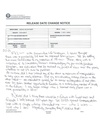
|
2023 mar 5
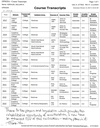
|
2023 mar 5

|
2023 mar 5
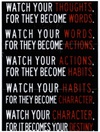
|
More... |

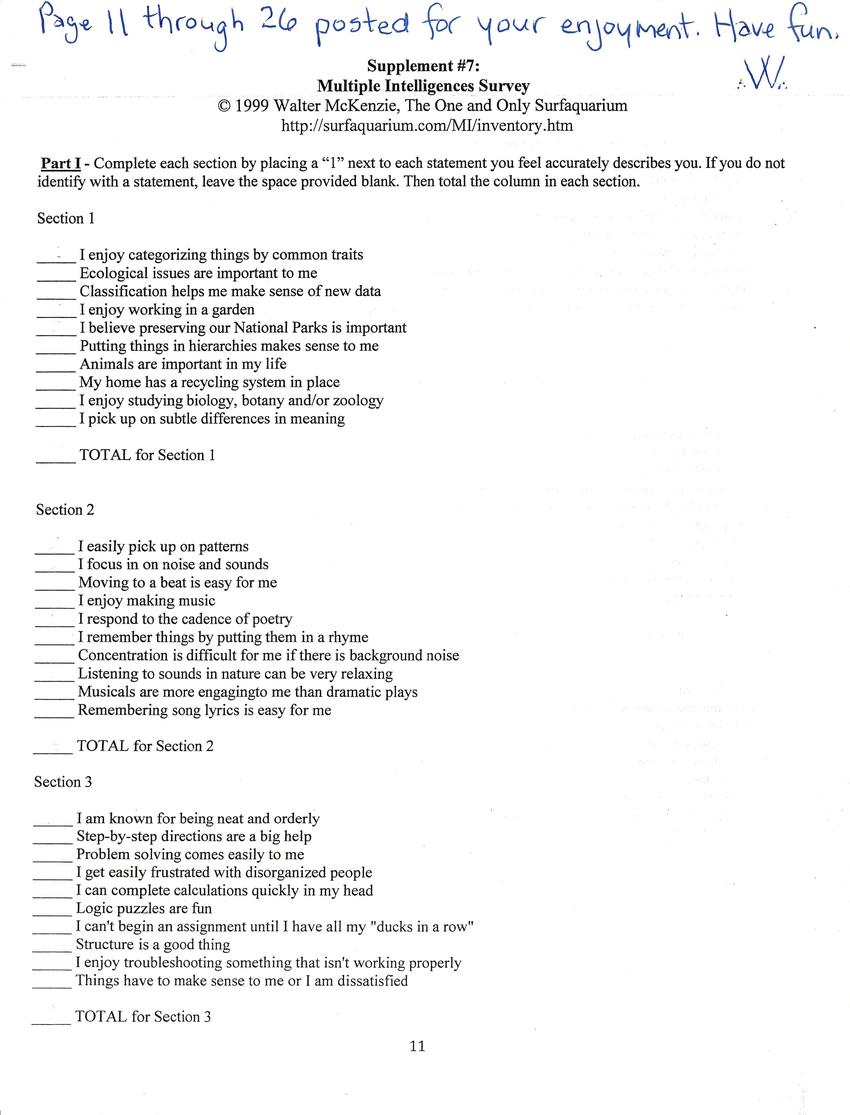
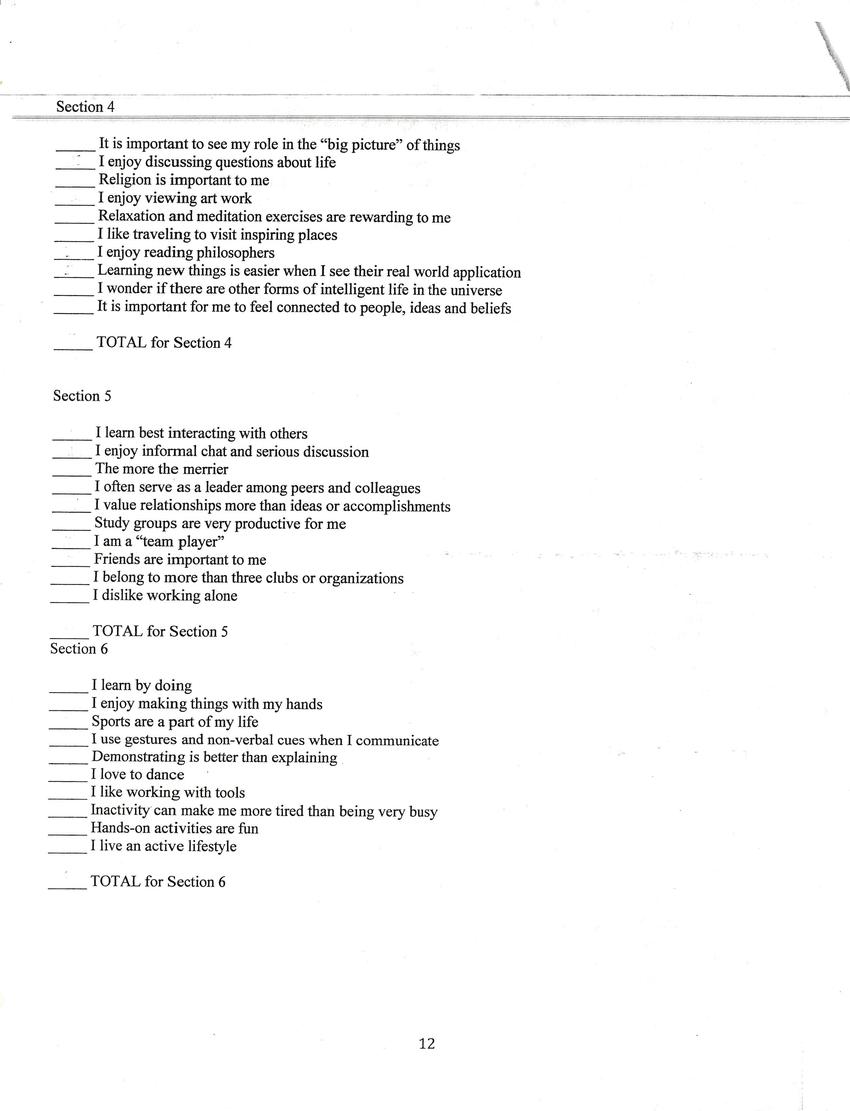
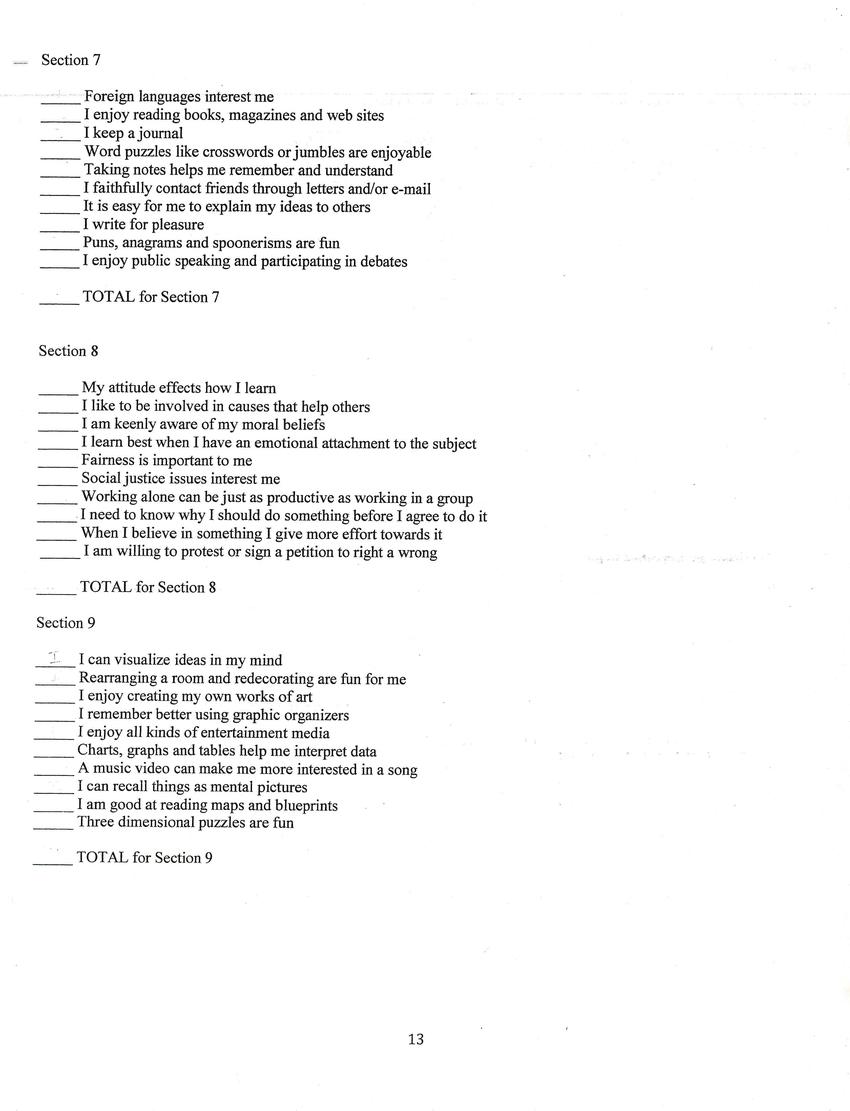
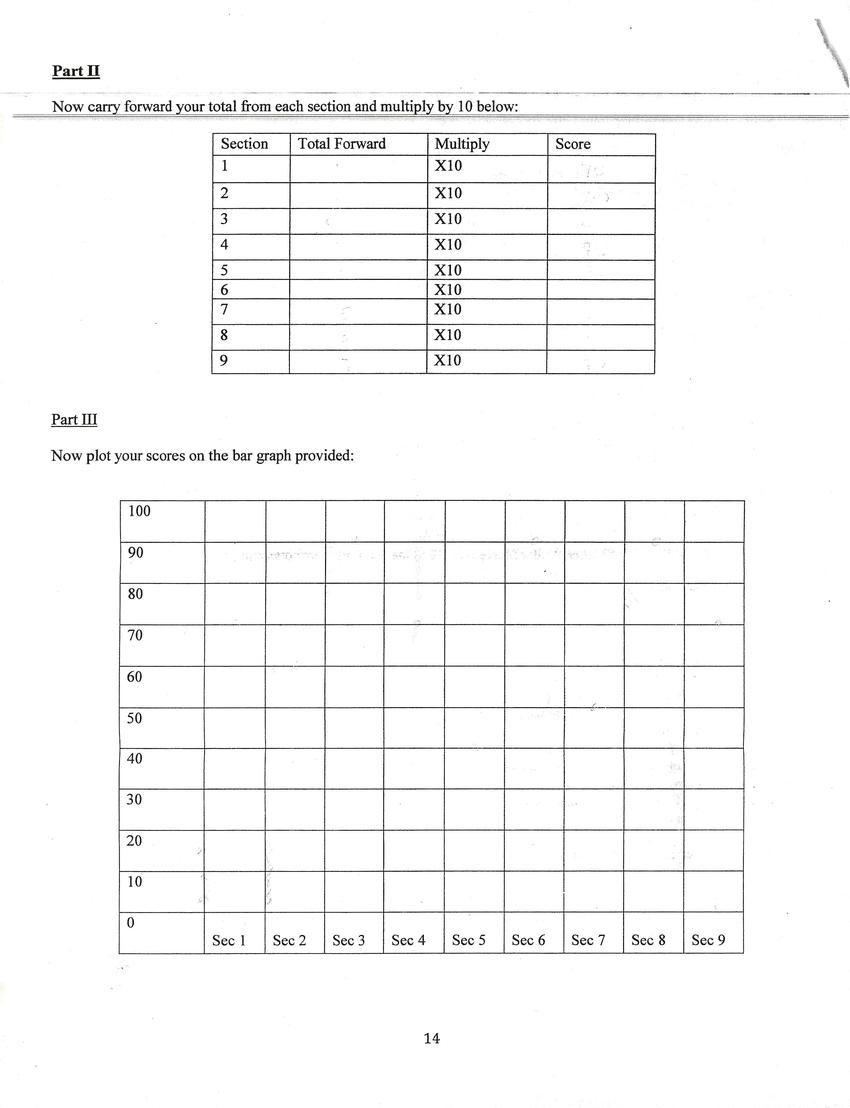
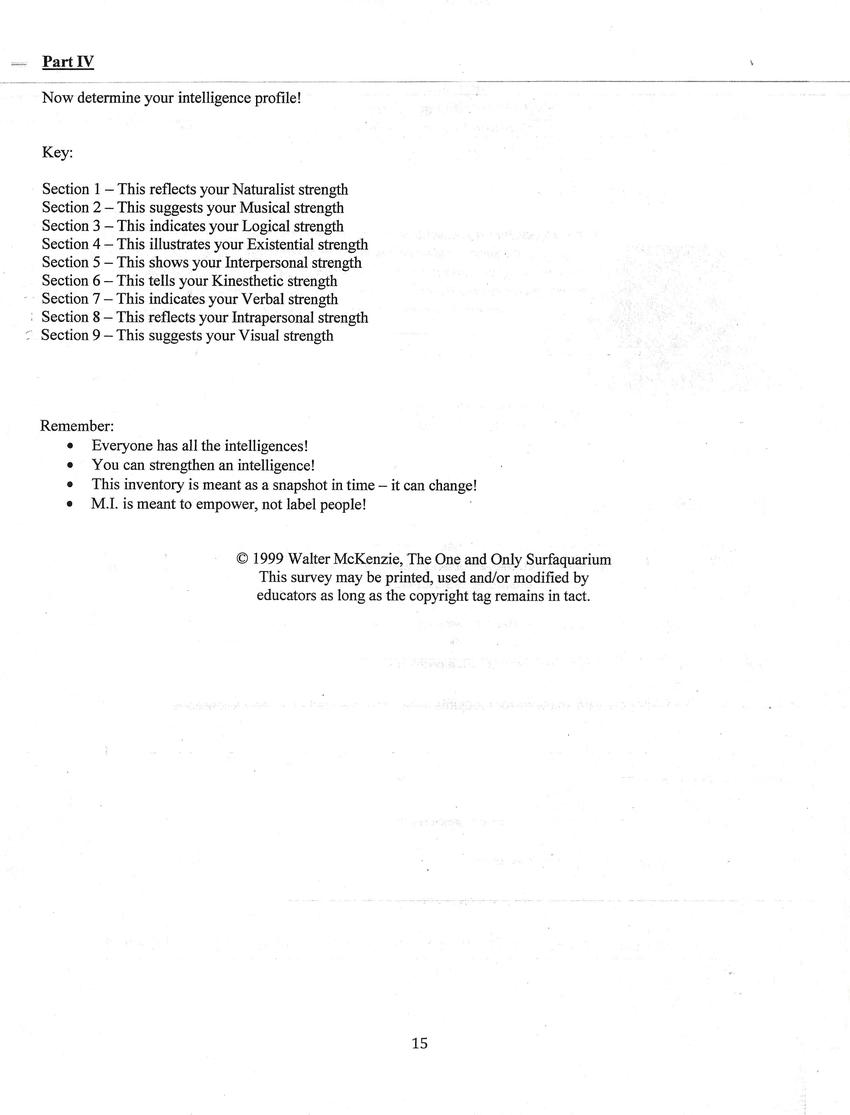
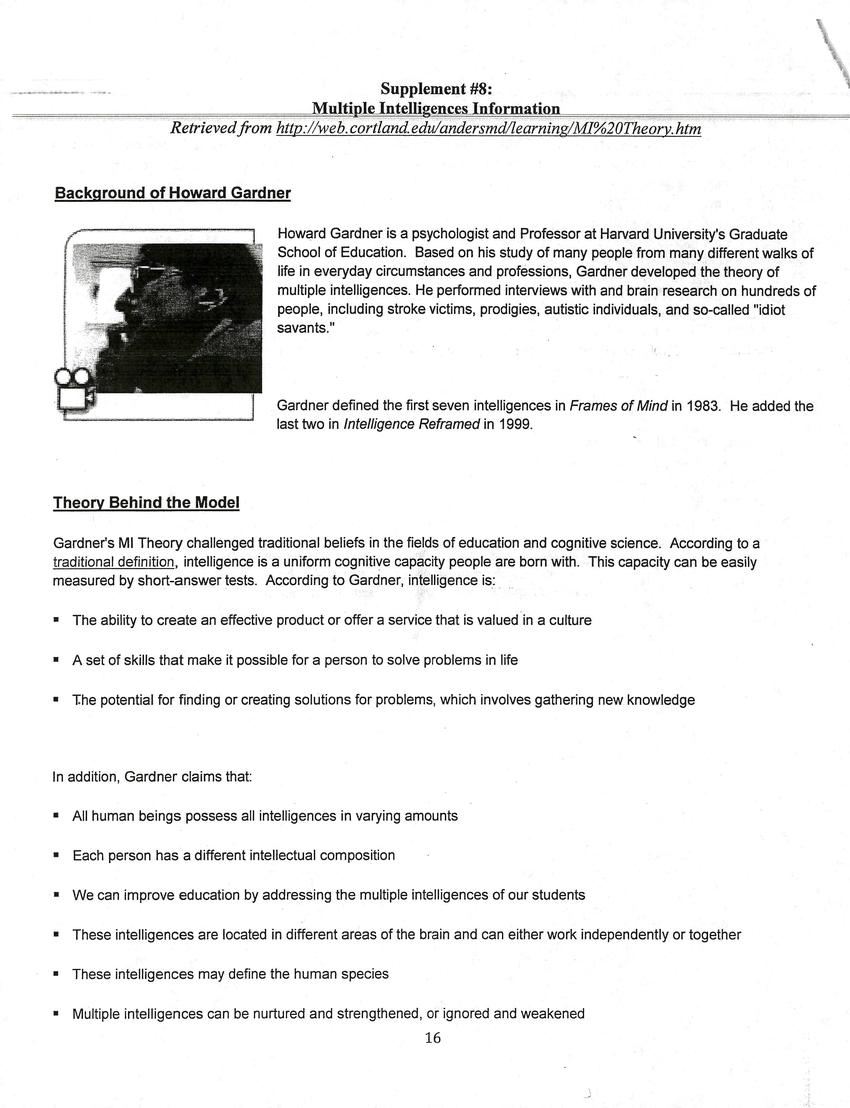
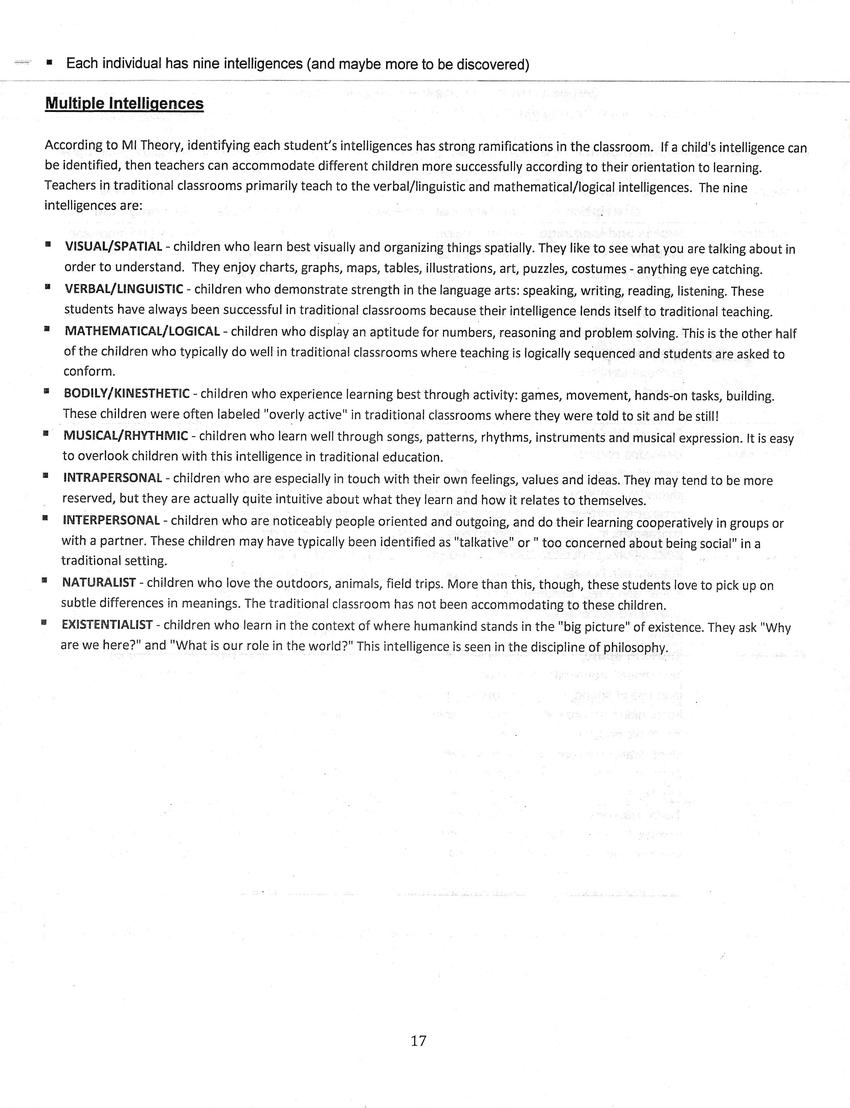
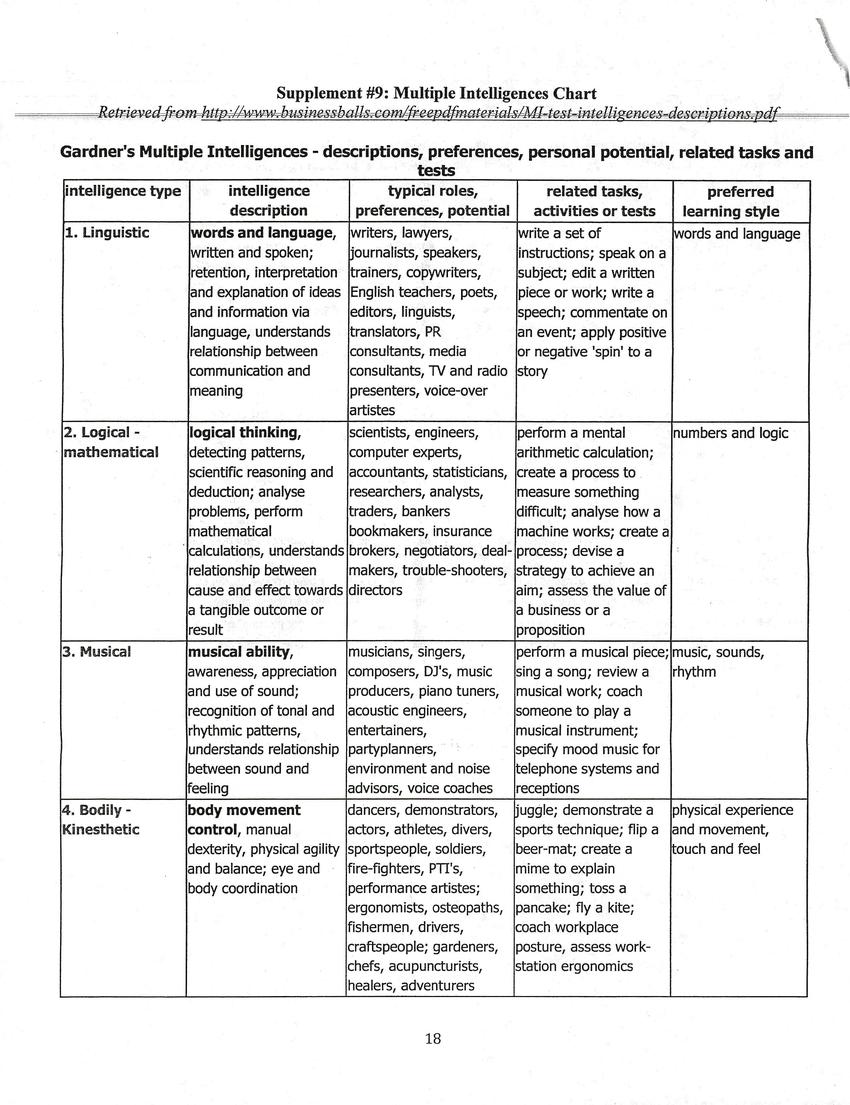
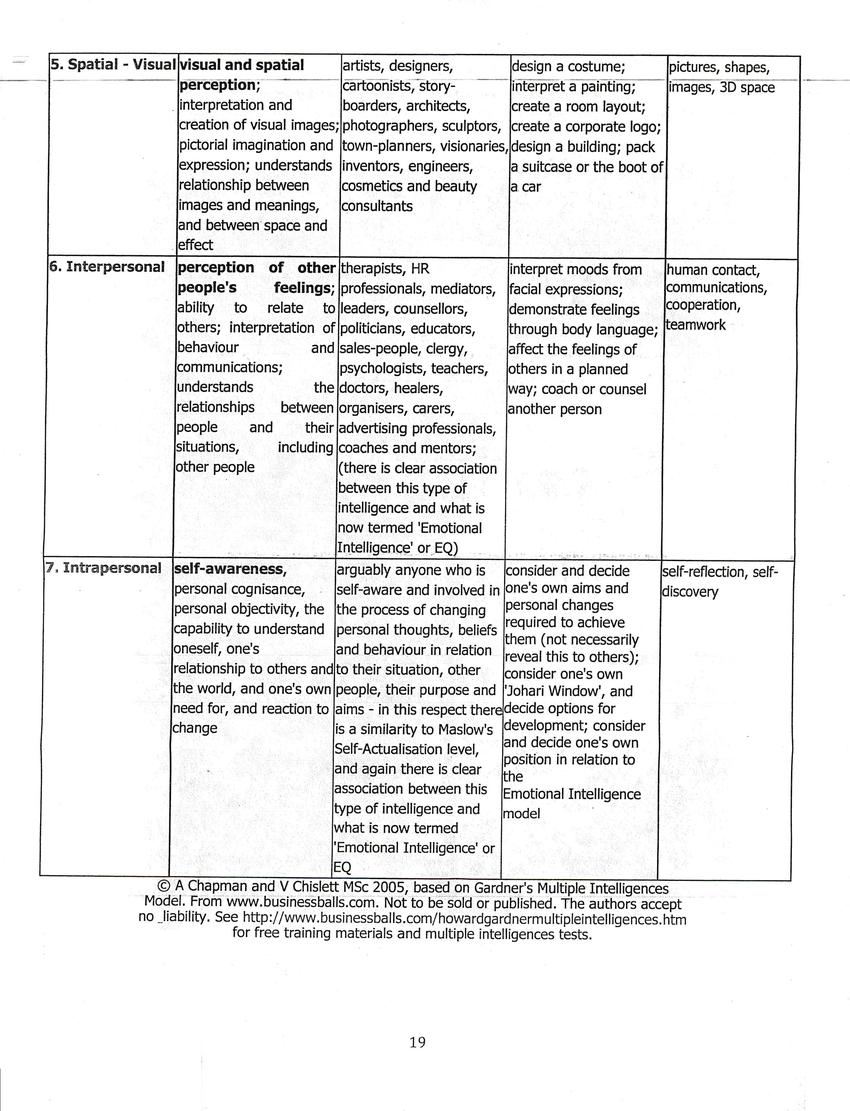
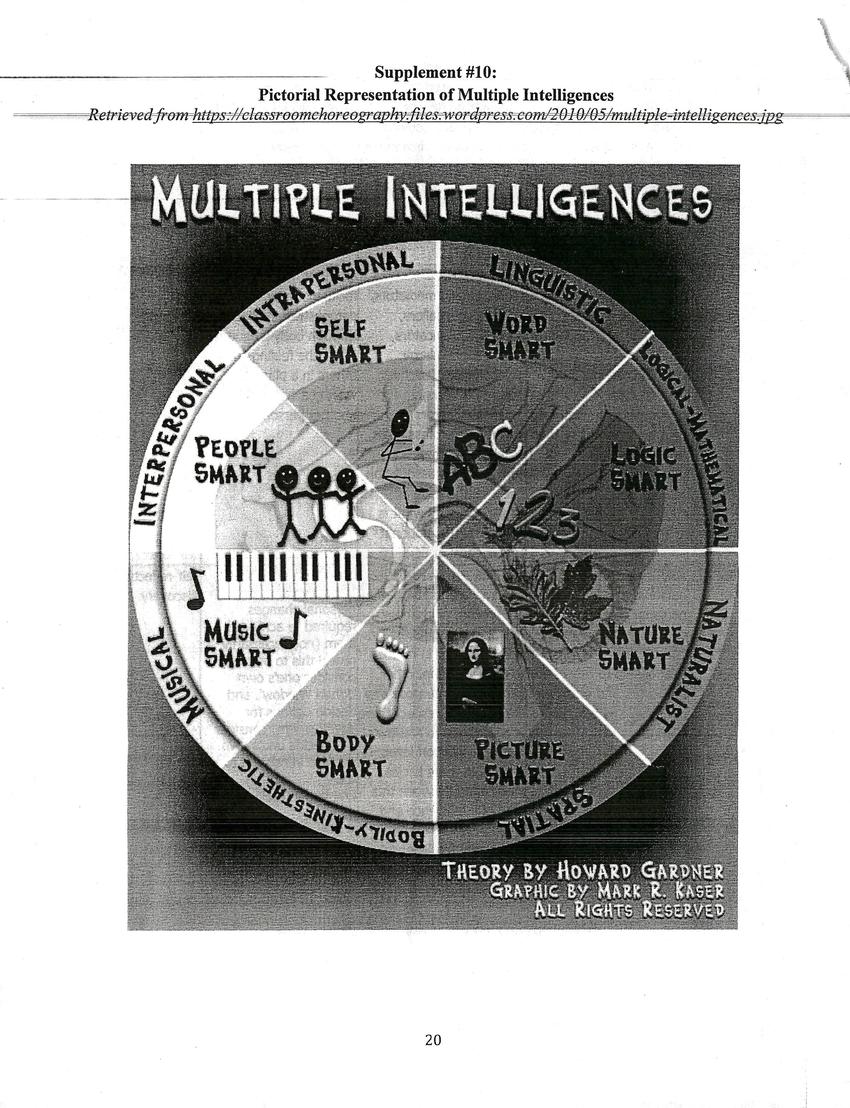
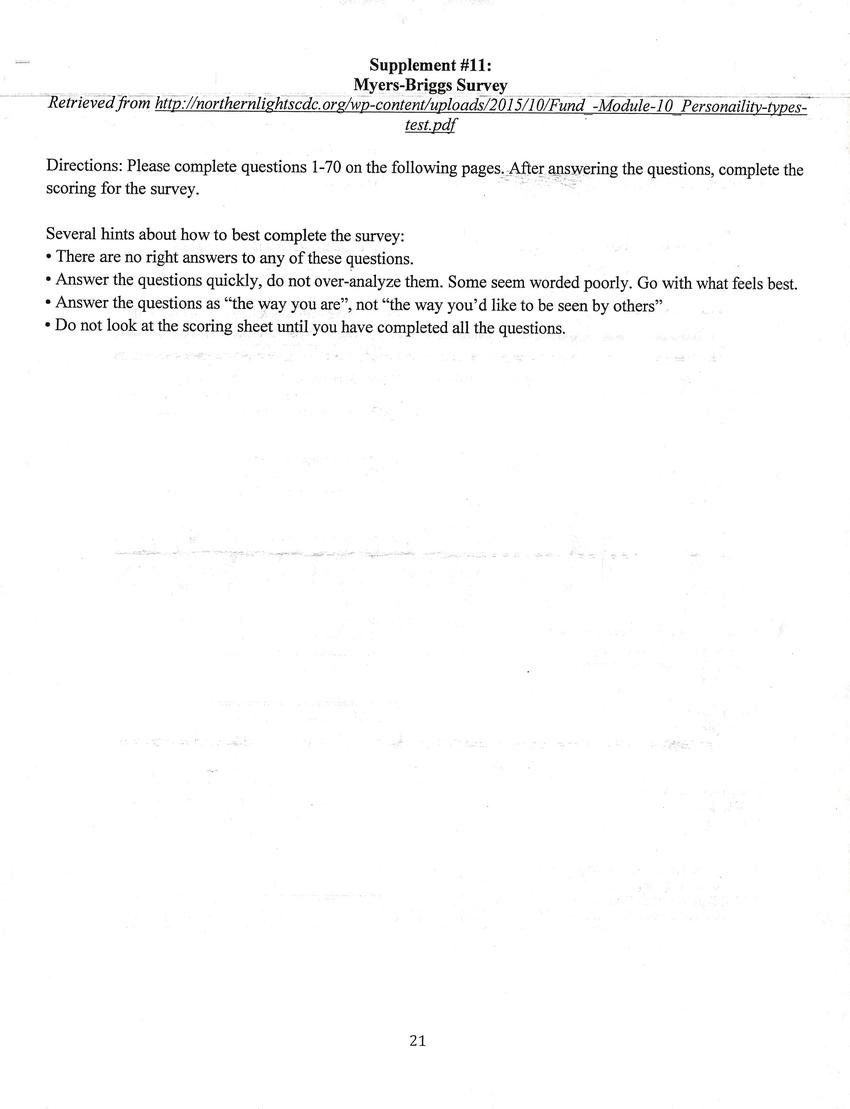
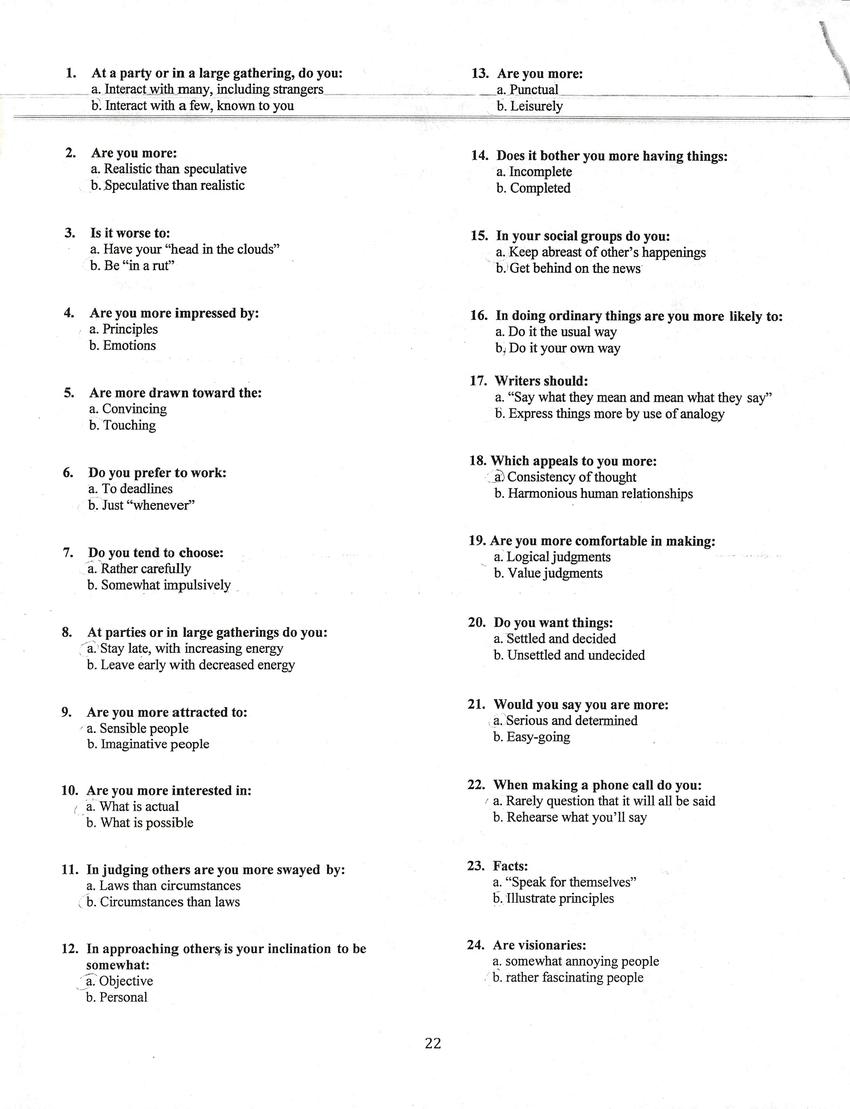
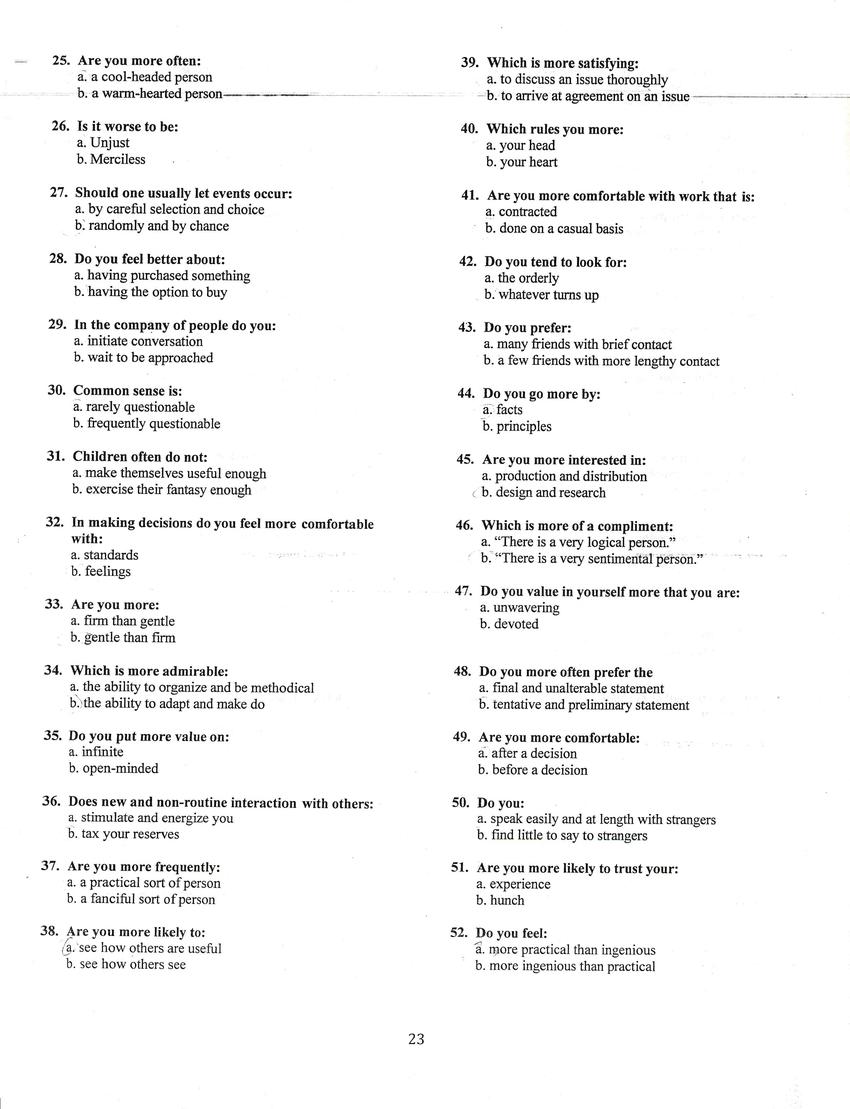
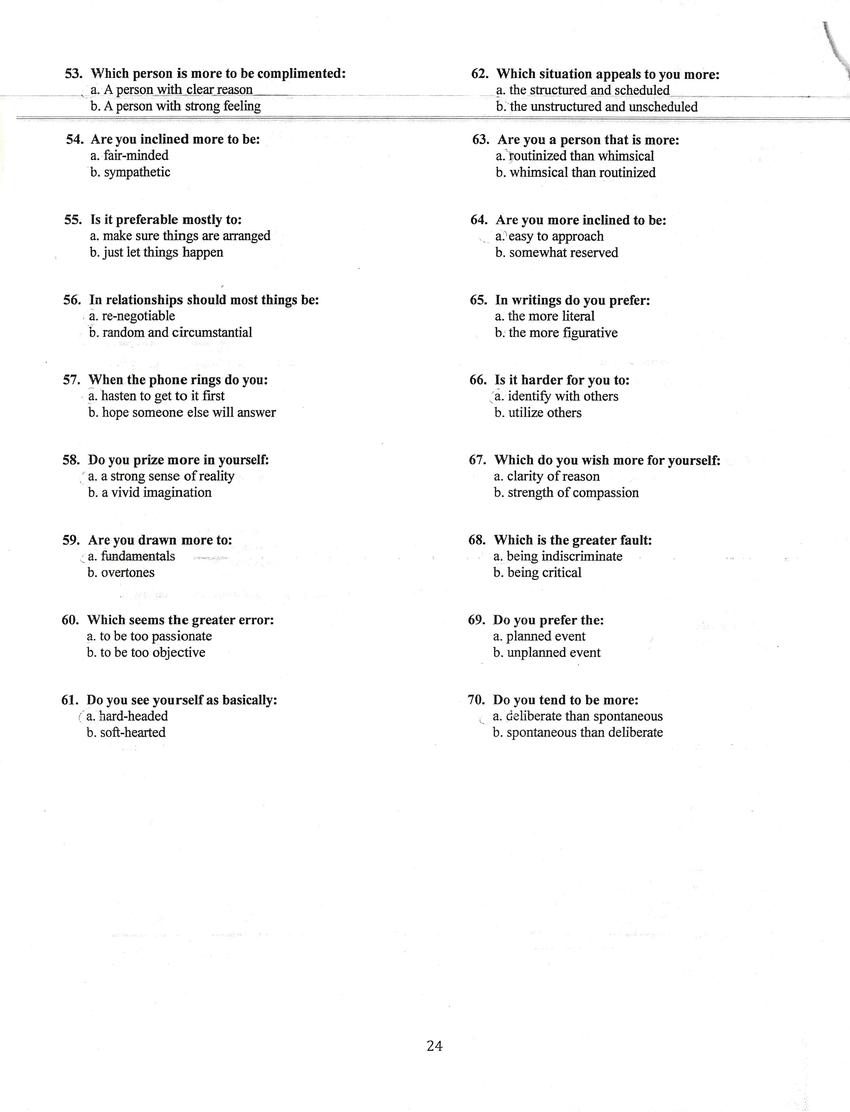
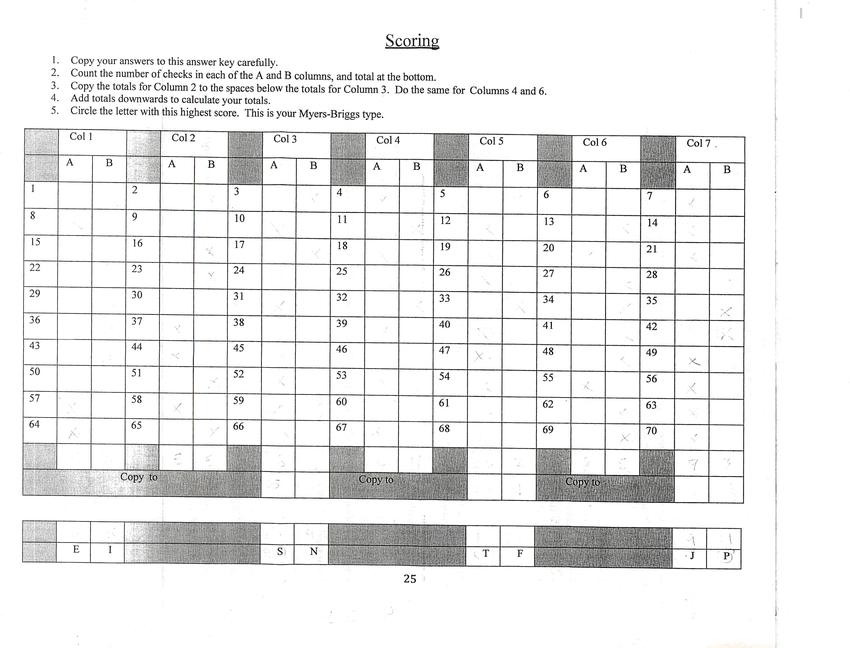
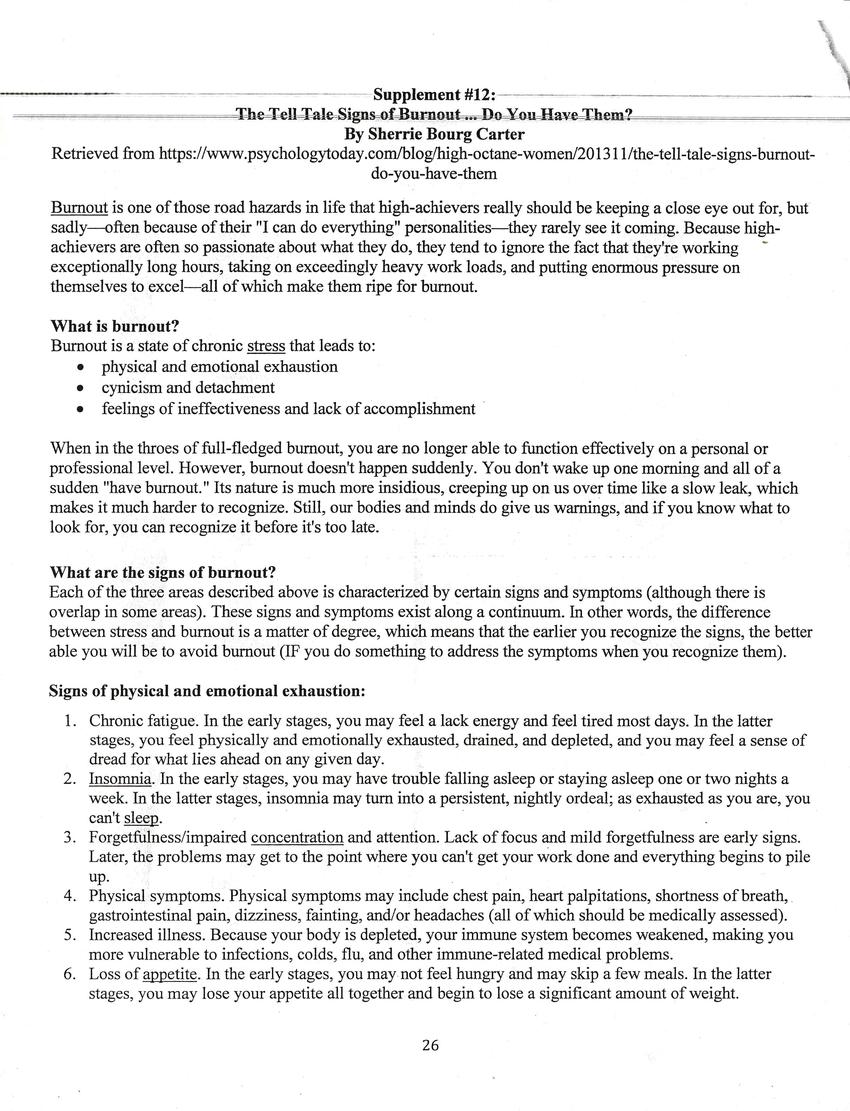

Replies